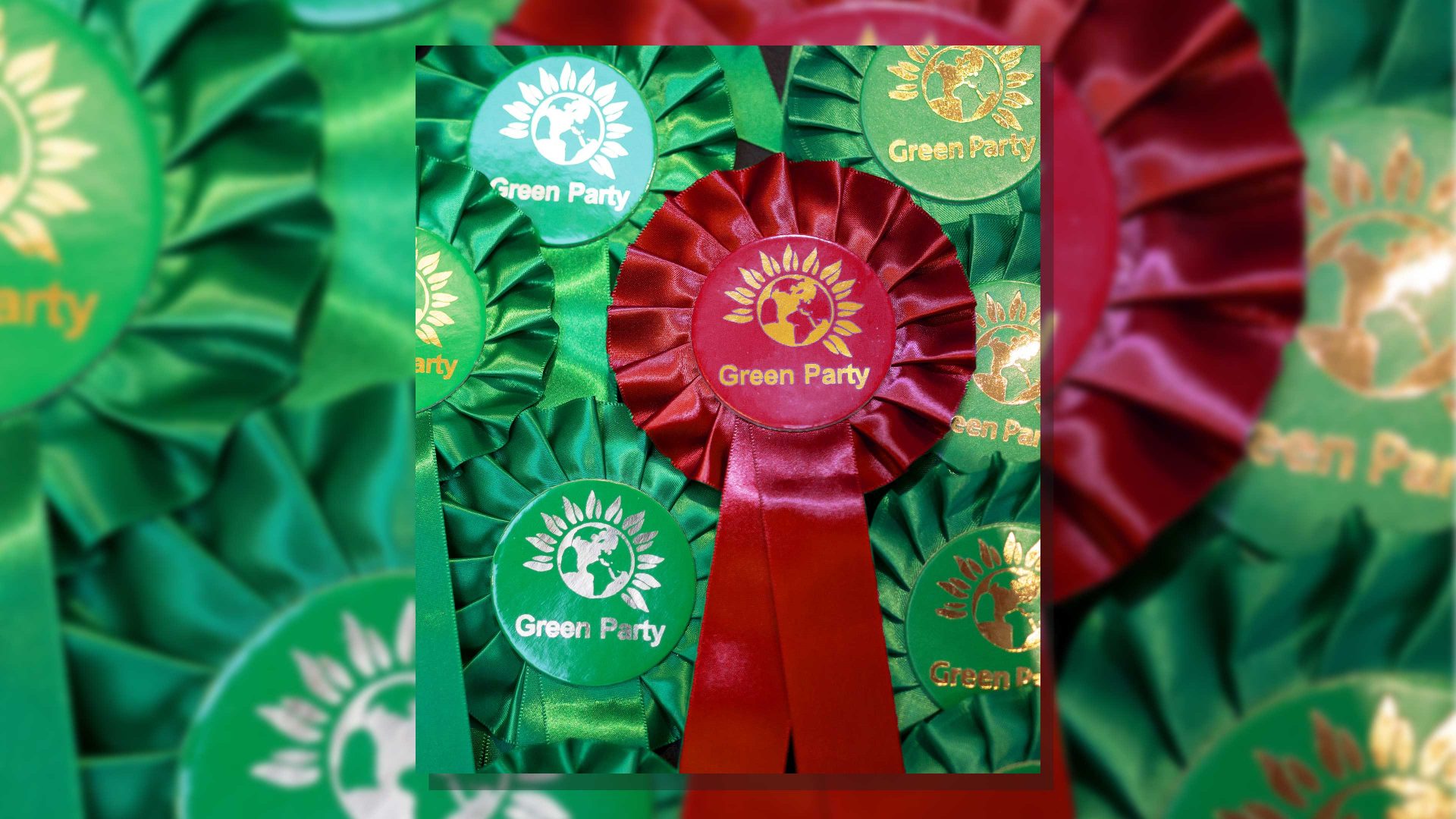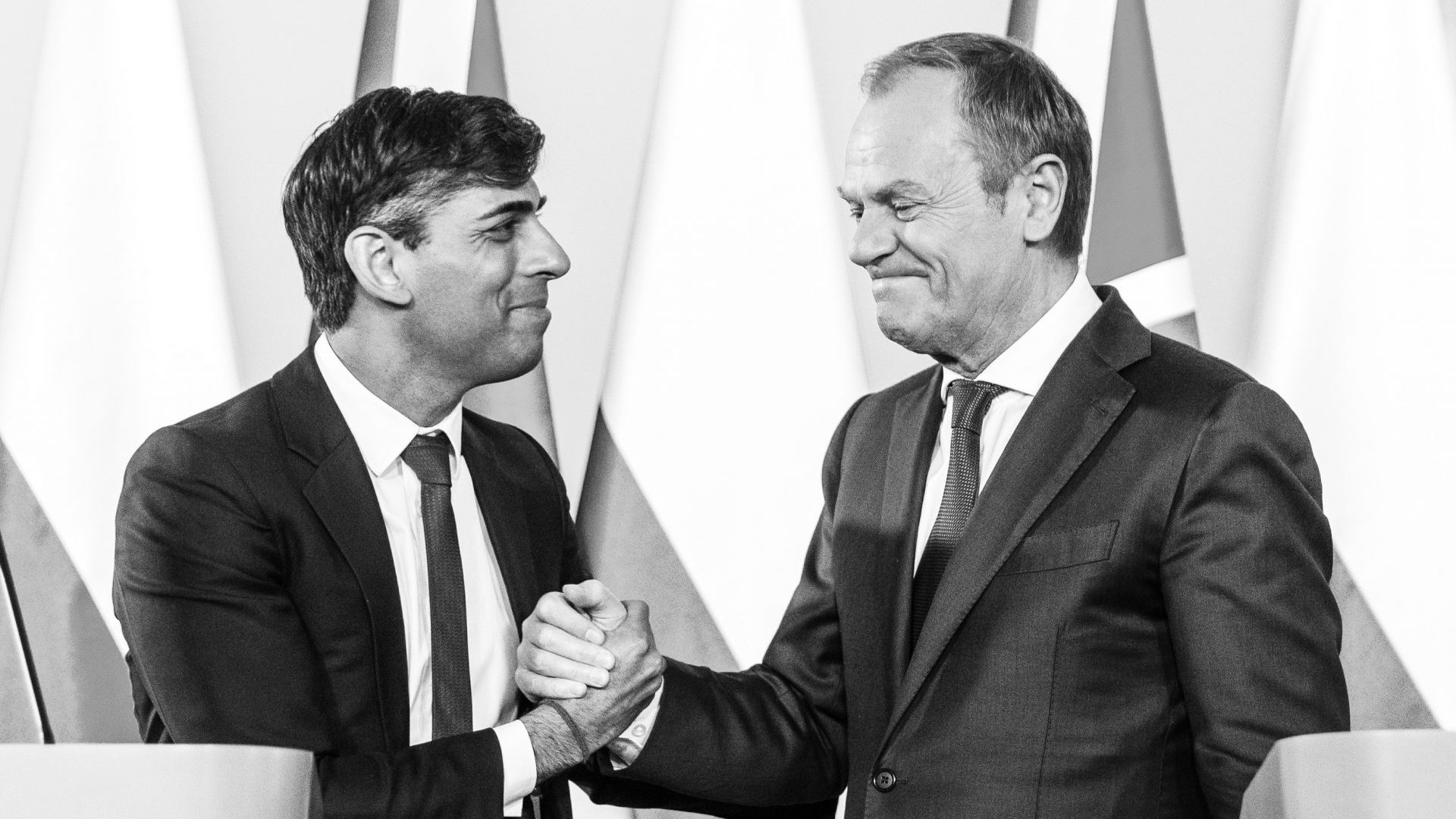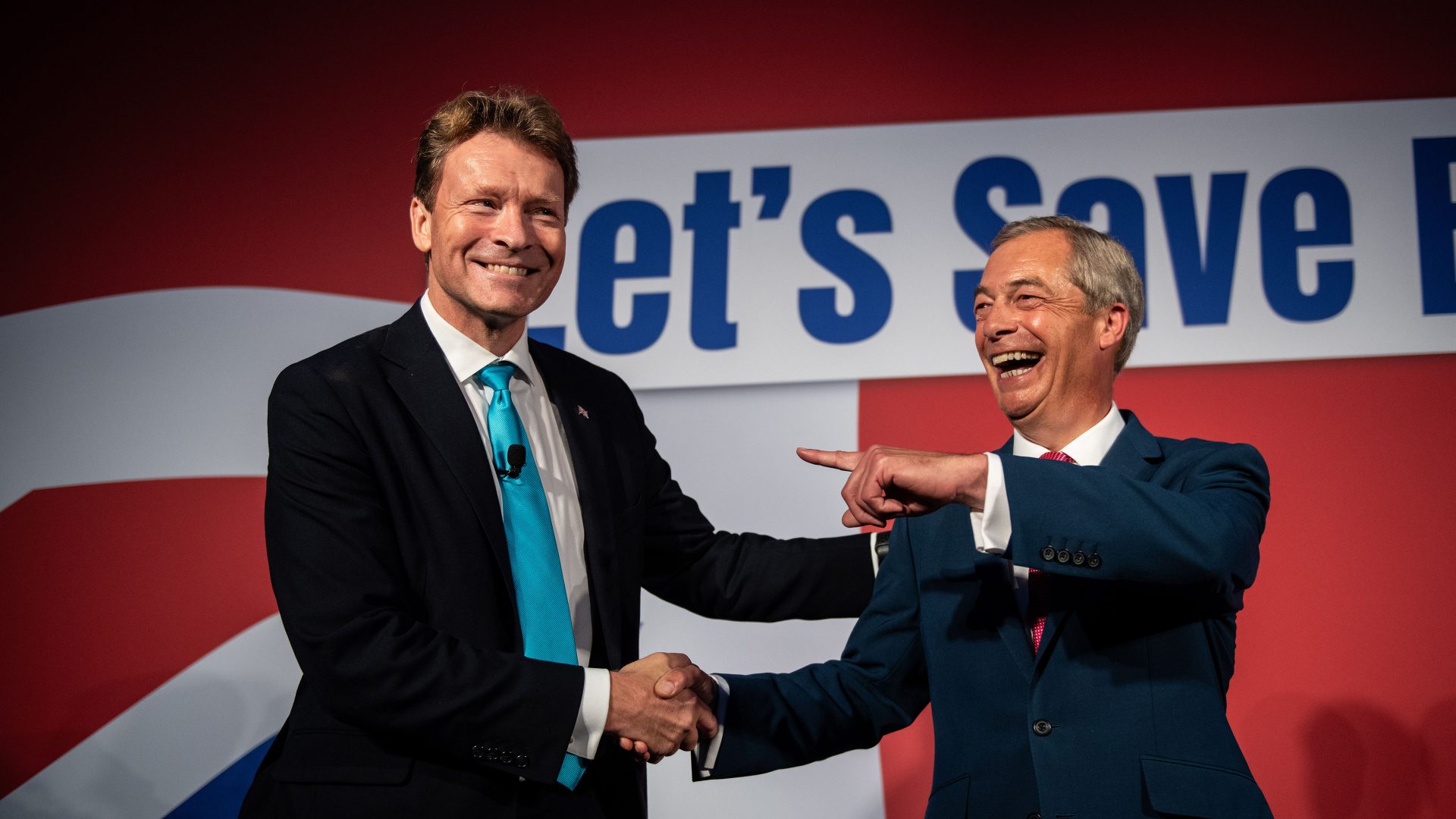It is the perennial complaint of supporters of any party except Labour and the Conservatives: we deserve more mainstream media coverage. In the wake of this month’s local elections, it’s a complaint that came from Liberal Democrats in sizeable number (given they won more seats than the Tories) but especially from the Greens.
Why, ask Green politicians and their supporters, does Reform take up a much bigger share of the national conversation than we do – especially when Reform won just two council seats in the recent local elections against our 74?
There are both good and bad reasons for this, but it leaves aside a bigger issue: if the Greens have any sense, the absolute last thing they want is more mainstream media coverage. If anything, they should be encouraging their activists to avoid it in most situations.
Let’s tackle Reform first – and go with the ‘good’ reasons for them attracting the level of coverage that they do. The first of these relates to accepting the reality of UK politics, which is that power is extraordinarily centralised in Westminster – including many things which might more properly lie with local government.
An earlier incarnation of this Conservative government put the brunt of austerity on local government, which was entirely in its power because central government controls the purse strings of local government. The reality is that most councils have very little power, and so attract very little coverage – whether at the national level or the local level, it is who is in power in Westminster that will make the biggest difference.
Reform will have a much bigger effect on the Westminster elections than will the Greens, even though the Greens will likely win one or two seats and Reform will probably not. Reform’s poll share is likely exaggerated, but it is both larger than that of the Greens and it is distributed more widely.
That wide distribution makes it all but impossible for Reform to win, but means that they could make the difference between winning or losing in dozens of marginal seats. That means that the government is paying them a lot of attention, even before the added factor that Reform has allies in the right-wing media who want them to garner attention for ideological reasons.
Green support, meanwhile, is perhaps as strong as it ever has been, but it is mostly concentrated in seats in which Labour has huge majorities. Green support would have to be much higher than it is now to flip even a dozen of those seats, which makes the Greens much easier to ignore for Labour than Reform are for Tories.
Given the relative size of their effect on the Westminster election, Reform will merit more attention than the Greens – though quite a lot of that is negative, especially if you have followed quite how many candidates Reform have had to disown after even the most cursory of media vetting (usually by small outlets).
Reform does get more positive coverage than a classically left-wing insurgent party would, but that is a combination of having ideological allies in the governing party and in the print media (which still structurally leans rightwards). However, it does also benefit from the old cliché about the right versus the left – the former seeks converts, while the latter seeks traitors.
Most political attention is negative. When a political party starts to see another one as a threat, it focuses attention on them, looking for unpopular policies, problematic historical statements, dividing lines, and scandals – and then makes them public.
Even without that factor, when a party comes closer to power, the media reflexively starts paying them attention in a way that they didn’t before – and many of us have attack dog instincts. Candidates in the major parties have, in theory, been vetted to within an inch of their lives and the media still routinely finds scandal after scandal about them.
Parties not used to that kind of scrutiny tend to find it withering – when the Liberal Democrats suddenly found themselves in government in 2010, their reputation was destroyed. The primary reason for that was that the party had spent a decade presenting itself as a soft-left party slightly to the left of Labour, which then went into power with the Tories, but part of it was a series of personal scandals about various MPs.
Chris Huhne went to prison, while David Laws lost his job as chief secretary to the Treasury in less than two weeks (making even Liz Truss look like a long-termer). Menzies Campbell went from a widely popular figure among younger voters to a total figure of hate, through support of tuition fees and the effects of an undercover sting.
The combination of having to make decisions when in power, to having to commit to particular policies when being scrutinised, and of having your people’s individual histories pored over is an exceptionally painful one for any organisation not used to it – a skeptic might say the Lib Dem vote is recovering largely thanks to the fact no-one pays them any attention any more, so they can present as all things to all men.
But if any party has a difficult coalition of these three factors, it is the Greens. The UK environmental movement, especially the parts of it attracted to the Greens, has always been an uneasy coalition. There are the ‘red’ Greens, who believe an end to capitalism is essential for tackling climate change – and this factor is broken down into people for whom ending capitalism is a means to fixing climate change, and those for whom that causation is reversed.
Onto those you can add traditional conservationists and animal welfare supporters, who are more concerned about preservation of their rural views, biodiversity and clean water – goals which are sometimes quite directly contrary to steps needed to tackle climate. There is then a third amorphous group who want more action on climate than other parties offer, but hasn’t really engaged beyond that.
A lack of scrutiny makes it easier to paper over the cracks in that existing coalition. But compared to the more recent arrivals, that is child’s play. The Green Party has become the home of those either forced out of Labour or who deserted Labour in the years after Jeremy Corbyn – some of whom were expelled over antisemitism, and a much larger group of which still believe antisemitism was “weaponised” against him, or was a “scam”.
More recently, these groups have been joined by voters abandoning Labour over Gaza – many of whom are simply looking for a new political home in the wake of what they see as at best an inadequate and at worse an outright immoral response to the crisis by Labour, but some of whom harbour appalling views. Until the council victories, that had gone entirely unscrutinised, too.
All of that is before looking at any of the contradictions in the party’s platforms versus its local positions or values – or its opposition to much new house building or HS2. It’s before looking at the party’s patchy record when actually in local government (it has been generally well-liked in Kirklees, but much more contentious in Brighton, for example). It’s before looking at various safeguarding scandals in the party.
Activists who cheer on watchdog reporting – or even outright aggressive reporting – against other parties quickly lose their love for it when it’s pointed at their cause. Suddenly the media should be “fairer” – they didn’t know the rule, they were trying to do the right thing, they’re a good person and everyone makes mistakes.
Everyone makes the excuses for their side that they refuse to accept for the others. That’s human nature, as is our failure to see that we’re doing it. But politics is a dirty business, and coming closer to power comes with all of this.
The Greens have maybe the most difficult political coalition of any party in UK politics. They might find that their success is helped by a lack of coverage, rather than harmed by it. If there is a first rule of politics, perhaps it’s this: be careful what you wish for.




